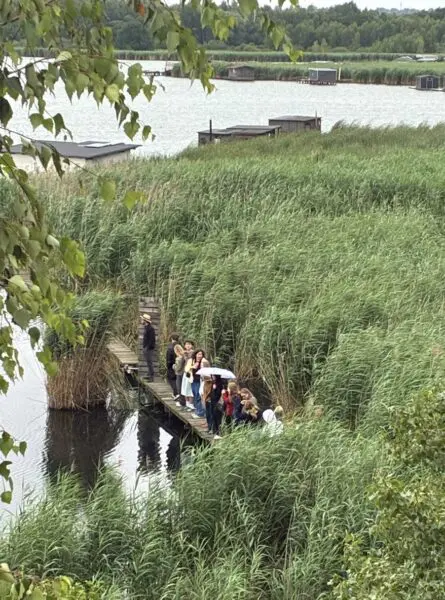
Ostrava, Czechia
Adventures of Architecture in Ostrava
When:
06 June - 10 June 2026
Credits:
3 EC
Read more
Architecture
When:
23 September - 30 September 2023
School:
Politecnico di Torino Summer Schools
Institution:
Politecnico di Torino
City:
Country:
Language:
English
Credits:
2 EC
Fee:
450 EUR

The research training deals with large-scale and composite cultural natural heritage areas in particular vulnerable regions through a digital approach. It will focus on “Heritage-driven Community Resilience” by identifying and interpreting long-lasting human/historic environment interactions and surveying their potential as drivers for fostering community resilience. Historical and physical layers of international case studies, including architectural, landscape and archaeological characterisations will be investigated and related to intangible values and local knowledge for enhancing natural and anthropic risk awareness in historic environments.
Integrating research on social sciences and a critical use of digital technologies, participants will explore how to use tools for reconsidering heritage as a driver of sustainability and work with local communities to shape/reshape collective memories and values of sites, cultural natural heritage understanding, its characterisation, and visualization. Digital tools will be experienced, customised, and eventually prototyped to support the research process and to co-create critical narratives.
Activities will be held at the Castello del Valentino, Torino (UNESCO World Heritage Site and Politecnico di Torino seat).
Prof. Rosa Tamborrino (PoliTo, DIST) and Prof. Willeke Wendrich (UCLA).
The program is targeted to academic participants such as master and Ph.D. students, and early-stage researchers, practitioners and professionals.
- Developing a critical approach to digital tools: Cultural Natural Heritage CNH knowledge building of multi-scale composite contexts (creating links among heritage types, contextualising relations, conceptualising and characterising heritage assets, creating narratives, building information)
- Experiencing collaborative and participatory processes for engaging local stakeholders with digital tools to enhance CNH as a driver of empowerment and resilience
- Applying collaborative digital tools for heritage knowledge and management: tools for CNH-led knowledge building and management (co-mapping and co-building methodologies, digital surveying, gamification...)
Fee
450 EUR, The participation fee includes lunches, accommodation, field trips, and guided tours
When:
23 September - 30 September 2023
School:
Politecnico di Torino Summer Schools
Institution:
Politecnico di Torino
Language:
English
Credits:
2 EC

Ostrava, Czechia
When:
06 June - 10 June 2026
Credits:
3 EC
Read more

Antwerp, Belgium
When:
09 February - 13 February 2026
Credits:
3 EC
Read more

Paris, France
When:
19 January - 23 January 2026
Credits:
0 EC
Read more